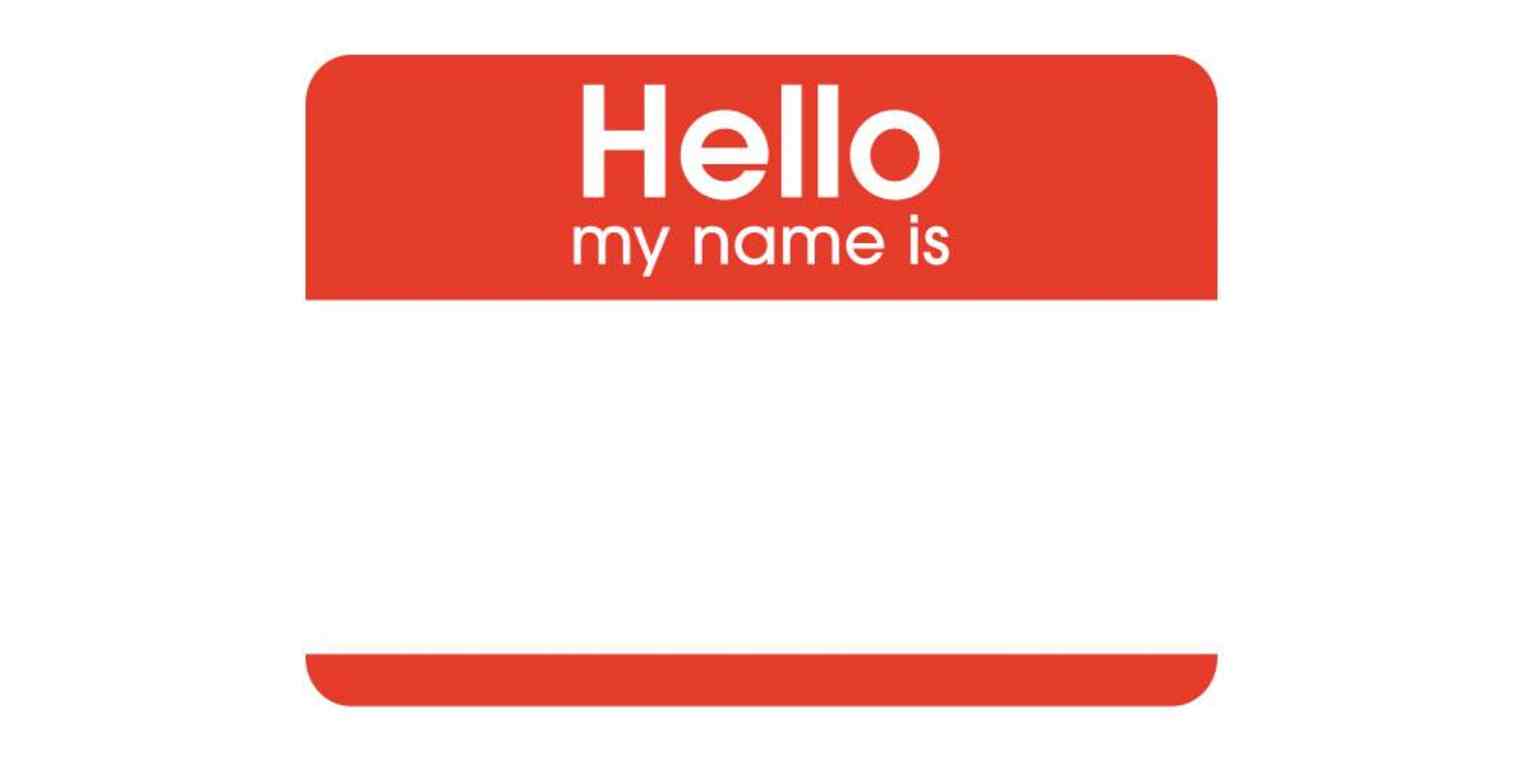Productivity tips
9 min read10 Tips for Making the Most of a Business Conference
By Zapier Contributor · December 18, 2018

Get productivity tips delivered straight to your inbox
We’ll email you 1-3 times per week—and never share your information.
Related articles
Improve your productivity automatically. Use Zapier to get your apps working together.






